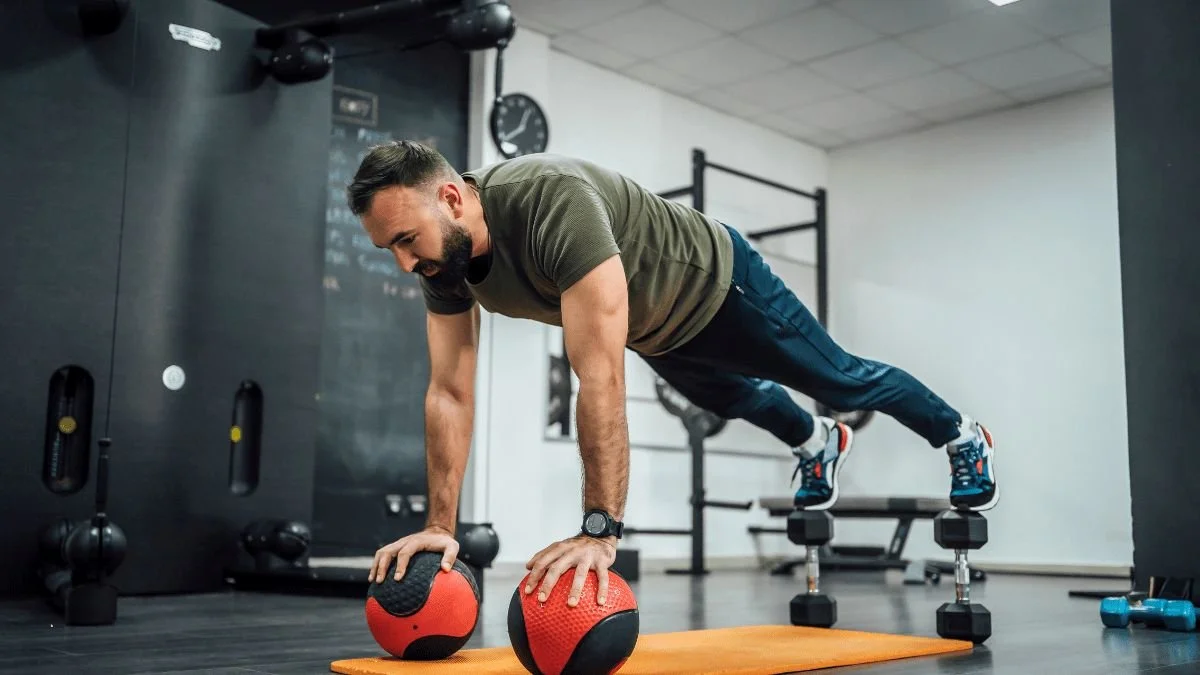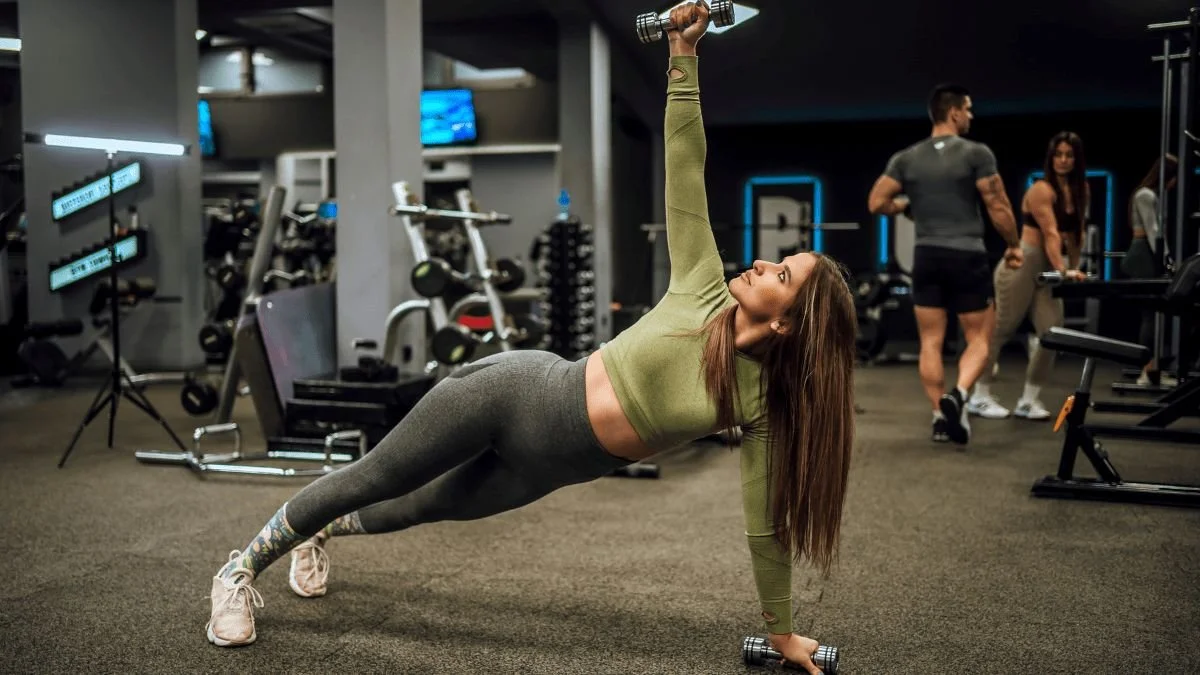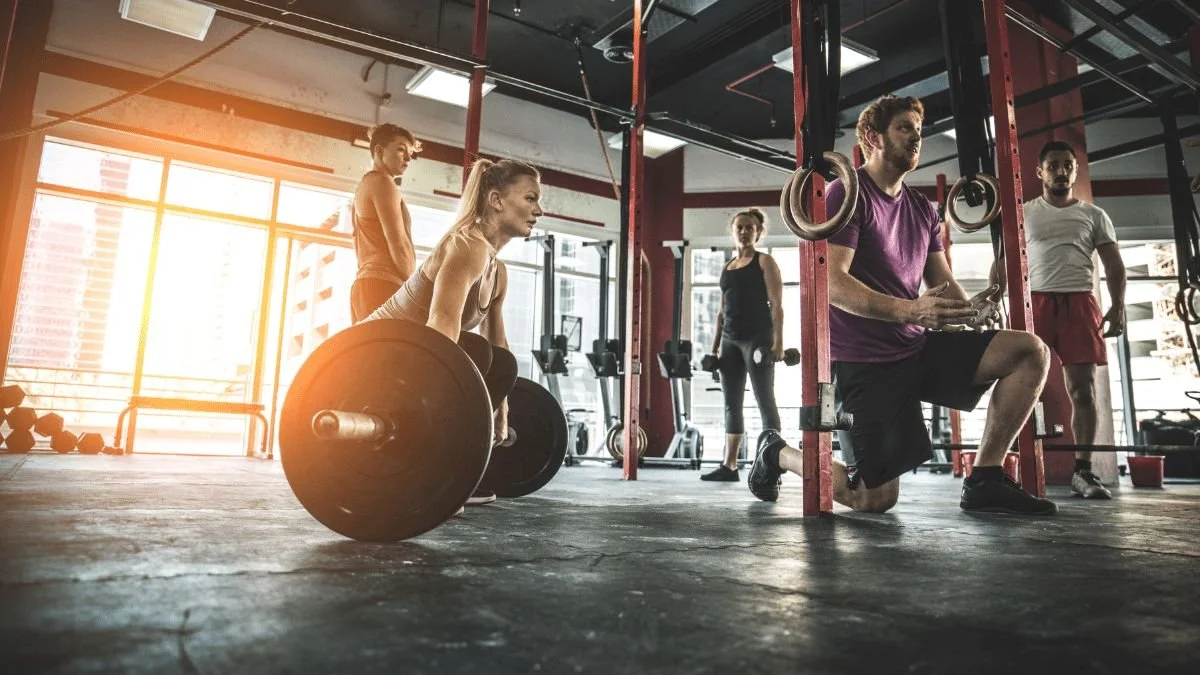Finding a Functional Training Gym in Denver - What to Look For?
Intro
If you live in Denver, fitness isn’t just something you do—it’s part of your lifestyle. Whether you are hiking at altitude, skiing on weekends, or chasing your kids around Wash Park, your body relies on strength, balance, and endurance that actually transfers to real life. That is where functional training comes in.
Functional training builds usable strength, mobility, and coordination so you can move well both inside and outside the gym. But with so many gyms across Denver claiming to offer “functional training,” how do you know which one is right for you?
This guide will help you identify what separates a true functional training gym in Denver from a general fitness facility. You will learn how to evaluate coaching, programming, equipment, and community—and how to find a gym that matches your goals, schedule, and budget.
Start Your Transformation: Learn how personalized coaching can help you move better and feel stronger atDenver Private Personal Training.
TL;DR
A great functional training gym helps you move better, not just lift more. Look for a space that prioritizes assessment, personalized programming, expert coaching, and safety. In Denver, altitude adds an extra conditioning challenge—and a well-designed program will help you adapt and thrive.
Learn more about how we build your personalized plan at Denver Private Personal Training.
What Functional Training Really Means
Functional training focuses on the movement patterns that make you stronger in everyday life—not just isolated muscles. It blends strength, mobility, balance, and core stability to help you move efficiently and safely.
Instead of sitting on machines, you perform exercises that mimic real movement: squatting, hinging, pushing, pulling, carrying, and rotating. This builds total-body coordination, posture, and strength you can use everywhere—from hiking trails to office days.
At Fight Gravity Fitness, we design every program around functional principles because our clients want lasting strength, not temporary results.
Start Your Transformation: Schedule your initial session to experience a functional approach designed for your body and goals.
Is Functional Training the Same As CrossFit?
One common question that often arises is whether functional training is the same as CrossFit. While there are similarities between the two, they are not exactly the same. CrossFit incorporates functional movements into its workouts, but it also includes various other elements, such as high-intensity interval training (HIIT), Olympic weightlifting, and gymnastics.
Functional training, on the other hand, specifically focuses on functional movements and is more adaptable to different fitness levels. So, if you are primarily interested in functional training, it's important to look for a gym that offers specialized functional training programs.
Functional training is a type of exercise that aims to improve your ability to perform everyday activities more efficiently and safely. It focuses on movements that mimic real-life tasks, such as lifting, pushing, pulling, and twisting. By training your body to move in a functional way, you can enhance your overall strength, flexibility, and balance.
One of the key benefits of functional training is its adaptability. Whether you are a beginner or an advanced athlete, functional training can be tailored to meet your specific needs and goals. This makes it a great option for individuals of all fitness levels.
When it comes to CrossFit, while it does incorporate functional movements, it also includes other components that may not be as focused on functional training. For example, CrossFit workouts often involve high-intensity interval training (HIIT), which is a form of cardiovascular exercise that alternates between short bursts of intense activity and periods of rest or lower intensity.
In addition, CrossFit incorporates Olympic weightlifting, which involves lifting heavy weights in a specific manner to improve strength and power. This aspect of CrossFit may not be as directly related to functional movements as other forms of exercise.
Gymnastics is another element that is often included in CrossFit workouts. This involves bodyweight exercises that require strength, flexibility, and coordination. While gymnastics movements can be functional in nature, they may not directly translate to everyday activities as much as other functional movements.
So, while CrossFit does include functional movements, it also incorporates other elements that may not be as focused on functional training. If your main goal is to improve your ability to perform everyday tasks more efficiently, you may find that a specialized functional training program is a better fit for you.
Clarify Your Goal Before You Tour
Before touring gyms, get clear on what success looks like for you. Ask yourself:
What do I want from training—strength, mobility, fat loss, performance, or injury prevention?
How many days per week can I realistically train?
Do I prefer a private setting or small-group energy?
What is my current fitness level or any injury history?
Knowing your goals will help you evaluate whether a gym’s environment and coaching style align with your needs.
Get Your Personalized Game Plan: Complete a free consultation to receive a plan tailored to your goals.
How to Evaluate Coaching and Assessments
Assessment Comes First
A quality functional training gym in Denver begins with a detailed assessment. Trainers should analyze how you move, identify limitations, and design a plan that corrects weaknesses while building strength. If a gym skips this step, keep looking.
Coaching That Counts
Watch how coaches interact with clients. Do they teach proper form, offer clear cues, and adjust exercises when needed? Great coaching is personal, attentive, and focused on helping you perform each movement safely.
Red Flags
Avoid gyms that run every client through the same “workout of the day” or neglect to track progress. Functional training should evolve with you—not stay static.
Start Your Transformation: Experience personalized coaching that meets you where you are.
Programming That Delivers Results
Personalized and Progressive
Effective functional training uses structured progressions. You start by improving movement patterns, then gradually add strength, power, and endurance. Each phase builds on the last.
Exercises That Transfer to Real Life
The best functional fitness programs include:
Squats and lunges for lower-body control
Deadlifts and hip hinges for strength and posture
Push and pull variations for balanced upper-body power
Core and carry exercises for stability and endurance
Mobility and Recovery Built In
A smart program integrates mobility drills, dynamic warmups, and cool downs to maintain joint health and flexibility.
Get Stronger, Feel Confident: Work with a coach who designs a full program, not just a workout.
“Strength is great, but strength you can actually use every day, that’s where functional training shines.”
What to Look For in Equipment and Space
Functional training does not require the fanciest machines, but it does need the right tools. A well-equipped gym should include:
Kettlebells and dumbbells of various weights
Resistance bands, medicine balls, and TRX systems
Sleds, battle ropes, and turf space for movement
Pull-up bars, cable stations, and open floor area
Cleanliness, safety, and organization also matter. Look for clear walkways, good lighting, and well-maintained equipment.
Start Your Transformation: Tour the Fight Gravity Fitness facility to see how we build space around movement.
Scheduling, Pricing, and Value
Scheduling That Fits Your Lifestyle
The right gym offers flexible hours and consistent class times that fit your schedule. Whether you train before work, during lunch, or after hours, consistency drives progress.
Understanding Pricing Models
Functional training gyms in Denver typically offer:
Drop-in or single sessions
Packages and memberships
Semi-private or small group training
Hybrid options combining in-person and online sessions
Choose the model that gives you the best mix of accountability and flexibility.
What True Value Looks Like
The best gym for you provides measurable results, not just more workouts. Transparent pricing, clear communication, and individualized support define true value.
Get Your Personalized Game Plan: Find the best plan for your goals and budget.
Culture, Community, and Safety
The right environment can make or break your consistency. Look for a space that feels inclusive, positive, and focused on progress.
At Fight Gravity Fitness, you’ll find a welcoming community of professionals and trainers who share one goal: helping you move better and live stronger. Each session is guided by expert coaches who prioritize safety, form, and personal growth.
Is Functional Training the Same as CrossFit?
Functional training and CrossFit share movement principles but differ in approach. CrossFit blends high-intensity conditioning, Olympic lifts, and competition. Functional training focuses more on controlled movement quality, mobility, and sustainable strength.
If your goal is long-term performance and mobility, choose a functional training gym in Denver that prioritizes form and progression over intensity.
Training at Altitude: The Denver Advantage
Denver’s elevation challenges your cardiovascular system and helps build endurance naturally. Functional training at altitude improves oxygen efficiency and stamina, amplifying your results.
Coaches at Fight Gravity Fitness understand how to adjust intensity and rest for new clients adapting to Denver’s altitude so your workouts stay effective and safe.
Tour Checklist for Choosing a Functional Training Gym
When visiting gyms, ask:
How do you assess new clients before starting?
How do you track progress over time?
What is your coach-to-client ratio?
Are workouts customized to each person?
What safety standards and cleaning protocols do you follow?
What results have your clients achieved?
Bring this checklist and trust your instincts. The best gym is one that makes you feel supported, capable, and motivated.
Start Your Transformation: Book a free movement assessment today atDenver Private Personal Training.
Conclusion
Finding the right functional training gym in Denver takes time, but when you choose a space that prioritizes movement, coaching, and consistency, you are investing in your long-term health.
At Fight Gravity Fitness, we specialize in functional training that transforms how you move and feel every day. Our expert coaches build your plan from the ground up, focusing on strength, mobility, and progress you can measure.
Start Your Transformation: Join Denver’s premier functional training community at Denver Private Personal Training.
Get Stronger, Feel Confident: Take your first step today with a personalized assessment and training plan built around you.
Get Your Personalized Game Plan: Complete the quiz above to receive your free plan and next steps.
FAQs
1. What makes a functional training gym different?
Functional training gyms focus on movement quality, mobility, and strength that carry over to daily life instead of isolating muscle groups.
2. How many sessions per week do most clients need?
Most people see great results with two to three sessions per week, supported by active recovery and mobility work.
3. What should be included in a first assessment?
A complete movement analysis, posture review, and goal discussion to identify strengths and limitations before starting.
4. Is functional training suitable for beginners?
Yes. Exercises are adaptable for any skill level, and progressions are based on your current mobility and stability.
5. Can functional training improve sports performance?
Absolutely. It enhances power, balance, and coordination that directly improve athletic performance.
Nicholas Butler
Founder, Fight Gravity Fitness
Nick Butler is a passionate fitness professional who believes that better movement leads to a better life. As the founder of Fight Gravity Fitness, he specializes in helping busy professionals build strength, restore mobility, and enjoy an active, pain-free lifestyle. Nick holds certifications as a NASM Certified Personal Trainer, TRX Certified Instructor, Silver Sneakers Certified, and is CPR Certified. With years of experience and a focus on functional movement, Nick brings a supportive, practical approach to fitness that gets results without the hype.








